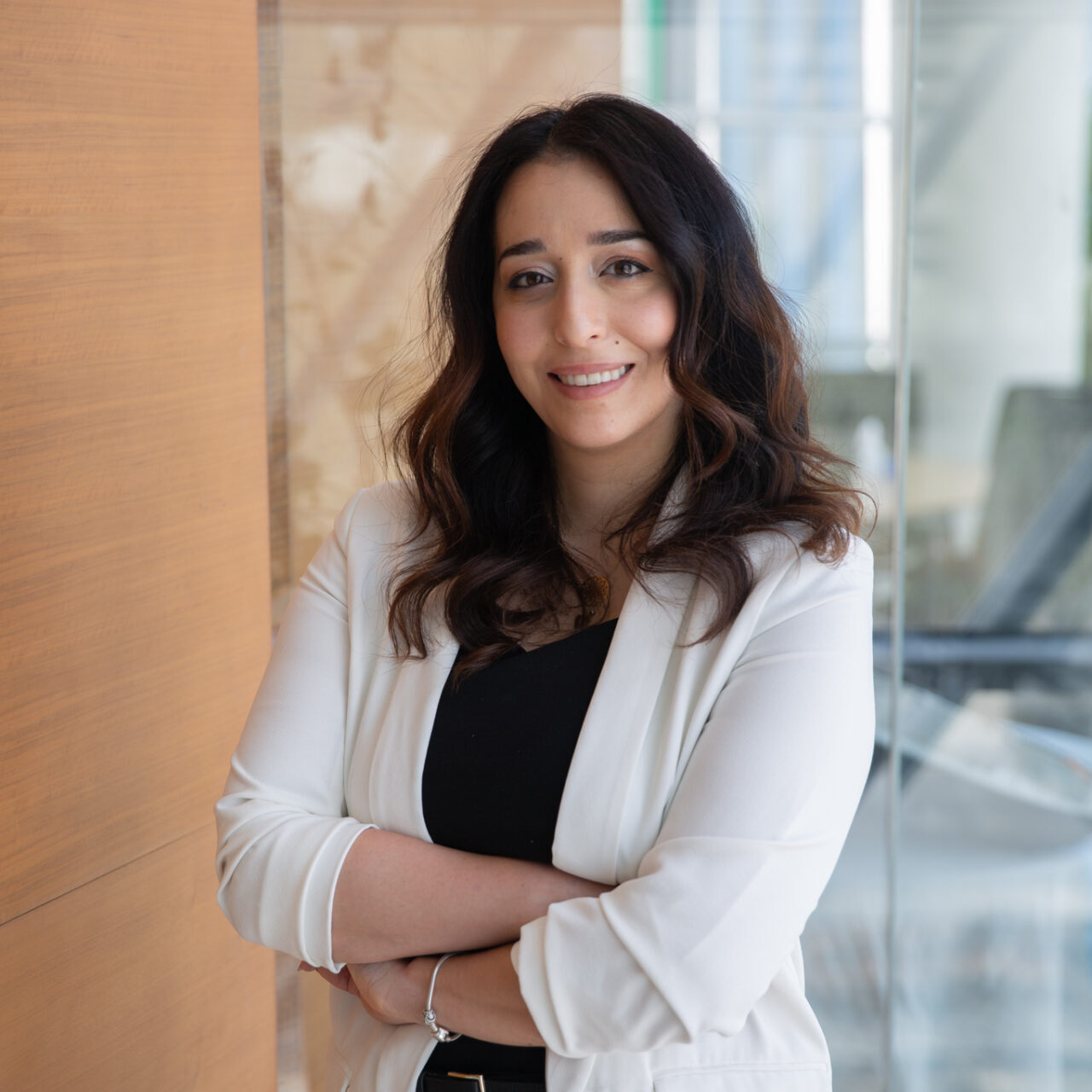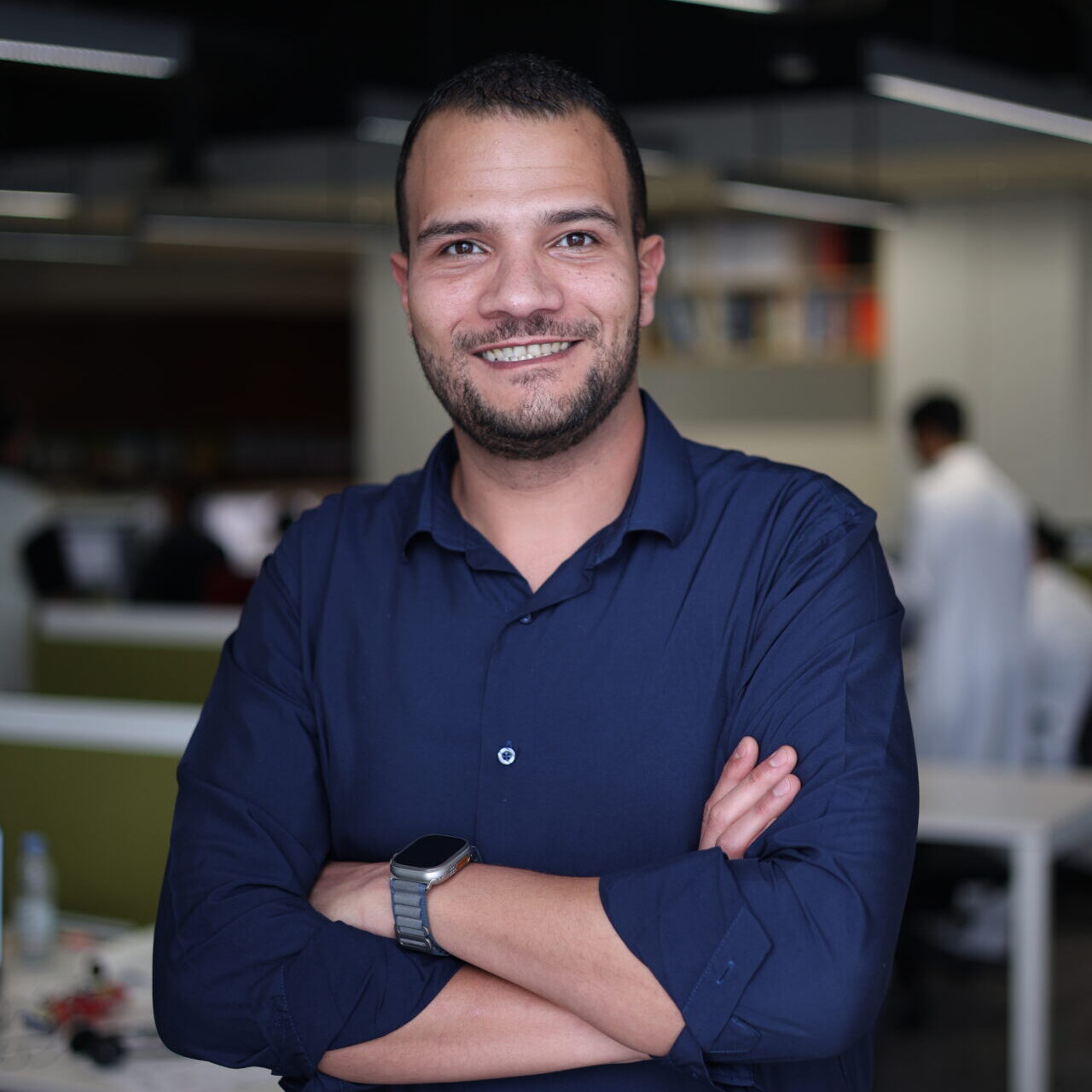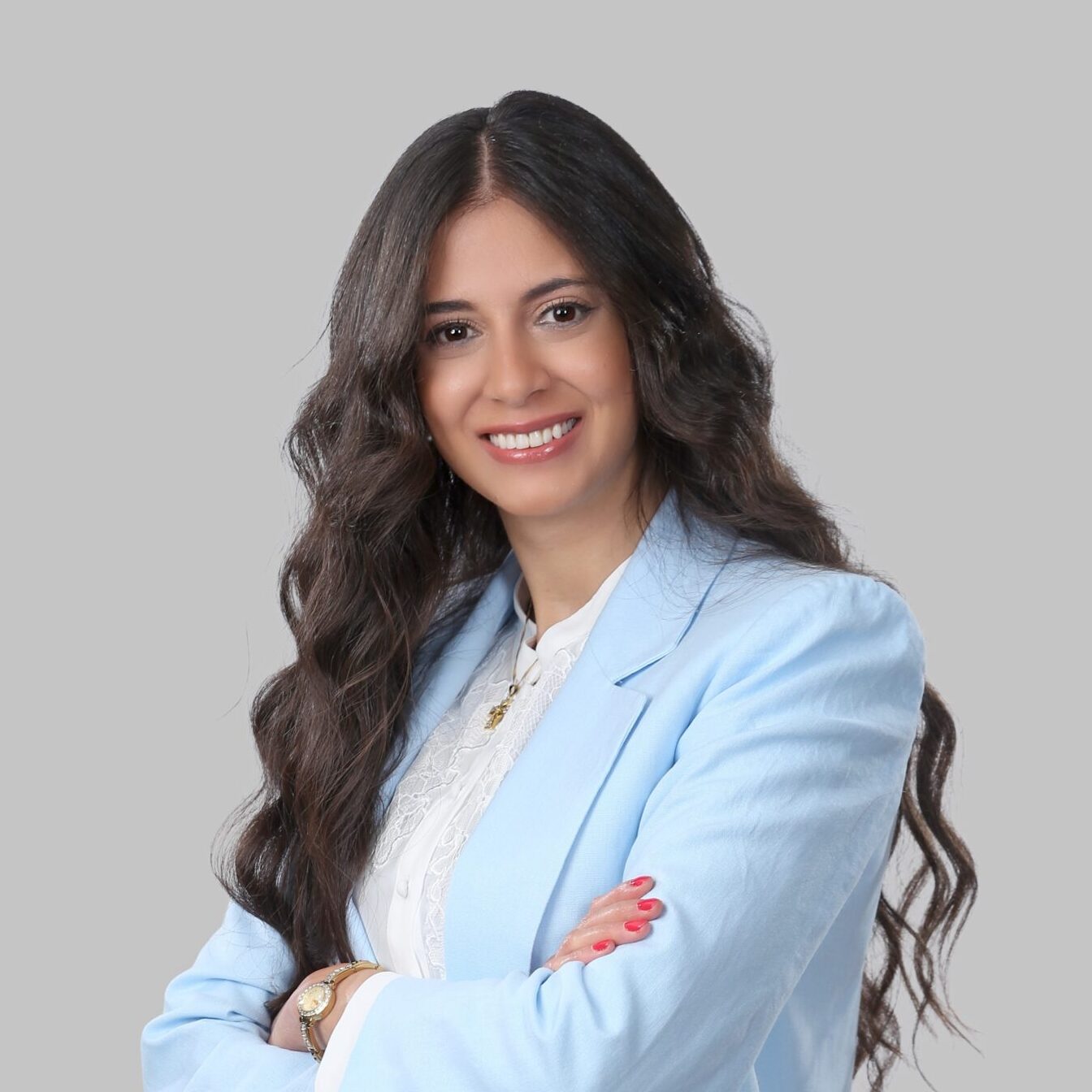
Nadine Abdulsalam is a dedicated and professional Assistant Project Manager with 7+ years of experience in the architecture, engineering, and design industry. Currently assisting with corporate and project operations at Omrania, she is skilled in streamlining workflows, optimizing resource allocation, and enhancing cross-functional collaboration to improve project delivery and profitability. Nadine has a proven track record in aligning operational processes with strategic goals, overseeing performance metrics, and implementing systems for data-driven decision-making. In her recent interview, Nadine shares her learning curve from creative work to operational strategy, the real story behind balancing priorities, and her vision for meaningful sustainability within the company. Her reflections offer a window into leadership that evolves with every project and every team.
What’s the most surprising thing you’ve learned about yourself while coordinating between different teams and disciplines at Omrania?
The most surprising thing I’ve learned about myself while coordinating between different teams and disciplines at Omrania is how naturally I step into a leadership role during times of change. Navigating across departments with different priorities and mindsets taught me that leadership isn’t about authority – it’s about creating clarity, building trust, and keeping momentum.
I’ve learned the value of being proactive and adaptable. With shifts in management and frequent collaboration with diverse leaders, I’ve had to listen deeply, understand different perspectives, and quickly grasp not only what needs to be done, but why.
These experiences have shaped my ability to lead through complexity, adapt to evolving needs, and ensure that teams stay aligned and focused, even in uncertain environments.
If your professional growth were a story, what would be the title of the current chapter, and what’s the next chapter you’re aiming to write?
If my professional growth were a story, the current chapter would be titled ‘The Uphill Drive’. Coming from a background in design and transitioning into operations, this phase has been all about growth through challenge, where reaching the top isn’t just a solo effort, but about supporting the people beside you. It hasn’t been an easy journey, but it’s one that’s taught me resilience, humility, and the importance of lifting others as you rise.
The next chapter I’m aiming to write is called ‘The Backseater Takes the Front Seat’, a chapter from the book I’m currently writing, and a personal reminder to step forward with confidence. It’s about embracing leadership, moving beyond hesitation, and taking action, despite the ups and downs, because growth doesn’t come from standing still.
If you could share one hard-earned lesson about balancing time, cost, and quality with someone just starting out in project management, what would it be, and why does it matter to you personally?
One hard-earned lesson I’d share is this: You can’t optimize everything at once-so learn to prioritize with purpose.
From my experience in operations management, the triangle of time, cost, and quality is always in tension. There’s constant pressure to deliver fast, stay within budget, and maintain high quality-but trying to do all three perfectly, all the time, is unrealistic.
Personally, this lesson matters because early on at Omrania, I tried to deliver on all three without compromise. But I quickly learned that real leadership comes from making intentional choices.
Based on the context, where you have to step back, assess the situation, and ask: What matters most right now? Is it speed? Is it value? Is it a long-term impact?
In that case, clarity and collaboration mattered more than speed. I had to pause, bring the right people together, and realign expectations. It delayed the timeline slightly, but the result was more effective and better received-and it strengthened trust across teams.
That experience taught me that balancing time, cost, and quality isn’t just a technical formula-it’s about leadership, communication, and knowing when to push and when to pivot. It’s not always the fastest route, but it’s often the most impactful and sustainable.
As someone who recently transitioned into the Assistant Project Manager role, what’s a professional belief or “rule” in project management that you subtly disagree with, and how do you handle situations where your instincts guide you differently?
A common belief in project management is that staying strictly on schedule and adhering to established processes is the key to success. While structure and timelines are essential, I’ve come to believe that long-term success often depends more on adaptability and people-centered decisions than on rigid processes or speed.
Recently, I’ve stepped into a technical leadership position, where there are standard ways of doing things for the project or the team. But I’ve learned that real impact often comes when you adapt, listen to the people involved, and adapt your strategy to better fit the context, even if that means adjusting the plan or challenging existing norms.
That’s where instinct plays a critical role – knowing when to wait instead of rushing into action, especially when the risk of moving too fast outweighs the benefit.
In those moments, I’ve learned to trust my gut, step back, assess the bigger picture, and engage stakeholders in thoughtful decision-making. Project management isn’t just about following systems-it’s about applying judgment, staying flexible, and knowing when to challenge the rules to create better outcomes for the project and the team.
As you step into the Assistant Project Manager role, what’s one area of project management you’re eager to master next, and what drives your interest? Who do you aspire to become at Omrania in the coming years?
One aspect of project management I’d like to master next is strategic forecasting through a sustainability lens, the ability to guide project decisions while aligning processes, resources, and decisions with long-term environmental, social, and economic goals. I’d like to see sustainability become a natural part of ongoing operations, not just a layer applied to projects. It should be integrated into the way we plan, coordinate, and deliver projects from the very start.
At the moment, there’s a strong drive to embed ESG principles and sustainability standards across everything we do, including business, projects, and through our people. That vision inspires me, but I believe it should start from within. Our people need to understand the value of sustainability and be empowered to act on it. Sometimes it’s not just about the process but about taking a chance on people and helping them lead that change.
In a few years, I see myself growing into a strategic leader in operational sustainability at Omrania; someone who delivers through building systems that are not only efficient and scalable, but also resilient, responsible, and human-centered. I want to help bridge the technical performance with purpose and ensure we’re not just doing things right, but doing the right things.







